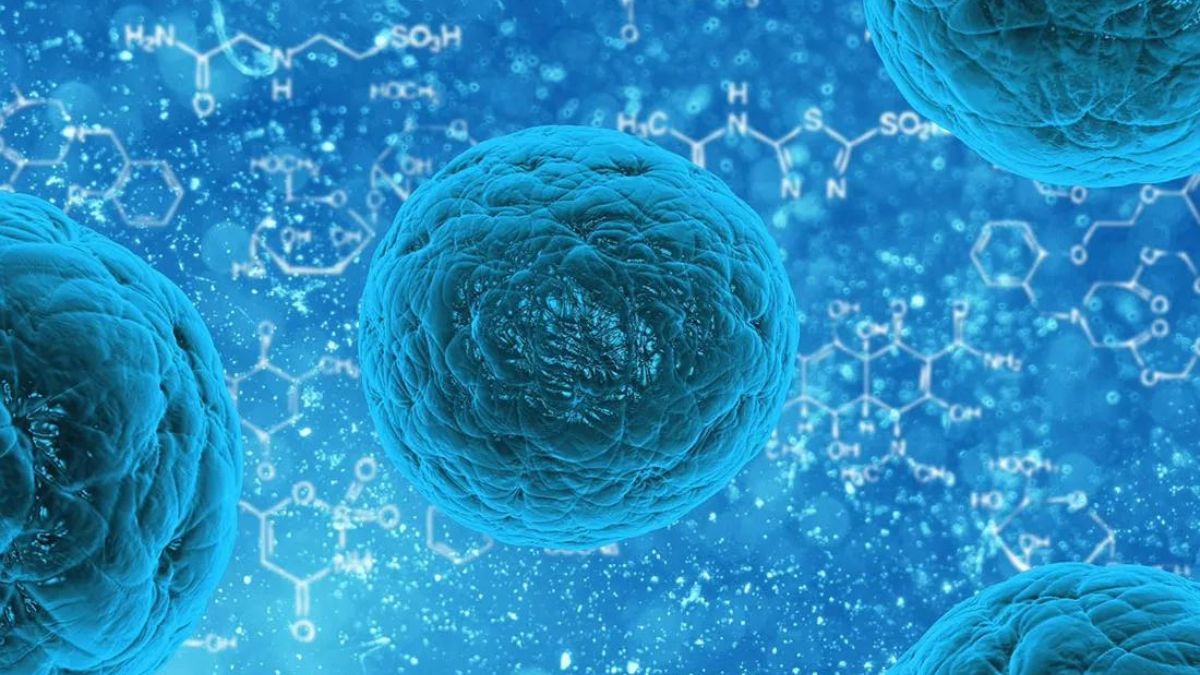Women diet: Women might be skipping these essential nutrients
September 12, 2022 By Awanish Kumar

(Image Credit Google)
Despite being familiar with the proverb "you are what you eat" and understanding the need of eating healthfully (fewer fried foods, less sugar, and more fruits and vegetables), we still don't obtain enough nutrients from our everyday diet.
In fact, according to Bibi Chia, chief dietician at Raffles Diabetes and Endocrine Centre, 30% of all women are deficient in at least one significant vitamin or mineral. Additionally, the risk of dietary inadequacies rises with age for many women.
We subject our bodies to a variety of various diets, such as keto, low-carb, no-carb, and vegan, which sometimes makes it more difficult to receive all the nutrients we require to maintain our health.
Don't consider your age when assessing your nutrient requirements. The specialists advise determining what period of life you are in, such as puberty, pregnancy, breastfeeding, or post-menopause.
1. CALCIUM
Why it’s important: In addition to being essential for bone health, calcium also supports healthy heart, muscles, and nervous system functions.
Deficiency symptoms: spasms in the muscles, fatigue, tingling or numbness in the fingers, and/or an unusual heartbeat. Calcium insufficiency is uncommon, nevertheless. Our kidneys have a tight control on calcium levels. Your blood calcium levels are often within the normal range, but osteopenia (loss of bone mineral density) and osteoporosis can develop if your bones become deficient, according to Reutens.
Foods rich in it: Milk, cheese, yogurt, as well as dark green leafy vegetables, beans and sardines. A 200ml cup of milk contains 280mg of calcium, a cup of spinach has 245mg and 45g of cheese contains between 115mg and 150mg.
2. FOLATE (ALSO KNOWN AS VITAMIN B9 OR FOLIC ACID)
Why it’s important: for the production of red blood cells necessary for healthy body function. It is also essential for expectant mothers, particularly in the first trimester when it aids in the development of the fetus's spine and brain.
Deficiency symptoms: fatigue, fragility, shortness of breath, pallor, thinning hair, and megaloblastic anemia (a condition where the bone marrow products large, abnormally structured, immature red blood cells). It can also cause neural tube abnormalities in the developing fetus in pregnant women.
Foods rich in it: Wholegrain bread, beans, peas, lentils, asparagus, eggs, leafy greens, Brussels sprouts, broccoli and nuts. Half a cup of asparagus contains 134mcg of folate, one slice of wholewheat bread will give you 26mcg, and 1 large egg contains 22mcg.
3. IODINE
Why it’s important: aids in the production of the thyroid hormones triiodothyronine and thyroxine, which control metabolism. Additionally, it supports young children's and fetuses' bone and brain development.
Deficiency symptoms: Fatigue, lethargy, weight gain, constipation, dry skin and hair, and sensitivity to the cold.
Foods rich in it: Fish and shellfish such as mackerel, oysters, mussels, squid and prawn, as well as milk, cheese, yogurt and eggs. Six oysters contain 140mcg of iodine, 100g of fish contains 50mcg, and 300ml of milk has 57mcg.
4. IRON Why it’s important:
Why it’s important: It’s essential for transporting oxygen to all the tissues and organs in our body.
Deficiency symptoms: Fatigue, weakness, pale skin, sensitivity to the cold, shortness of breath, hair loss, and brittle nails.
Foods rich in it: Red meat like beef and pork, shellfish, beans, spinach and chickpeas. A 100g serving of beef contains 3.1mg of iron, 100g of spinach has 3.6mg and 100g of chickpeas contains 2.9mg.
By Awanish Kumar
I keep abreast of the latest technological developments to bring you unfiltered information about gadgets.


 Why it’s important: It’s essential for transporting oxygen to all the tissues and organs in our body.
Deficiency symptoms: Fatigue, weakness, pale skin, sensitivity to the cold, shortness of breath, hair loss, and brittle nails.
Foods rich in it: Red meat like beef and pork, shellfish, beans, spinach and chickpeas. A 100g serving of beef contains 3.1mg of iron, 100g of spinach has 3.6mg and 100g of chickpeas contains 2.9mg.
Why it’s important: It’s essential for transporting oxygen to all the tissues and organs in our body.
Deficiency symptoms: Fatigue, weakness, pale skin, sensitivity to the cold, shortness of breath, hair loss, and brittle nails.
Foods rich in it: Red meat like beef and pork, shellfish, beans, spinach and chickpeas. A 100g serving of beef contains 3.1mg of iron, 100g of spinach has 3.6mg and 100g of chickpeas contains 2.9mg.






